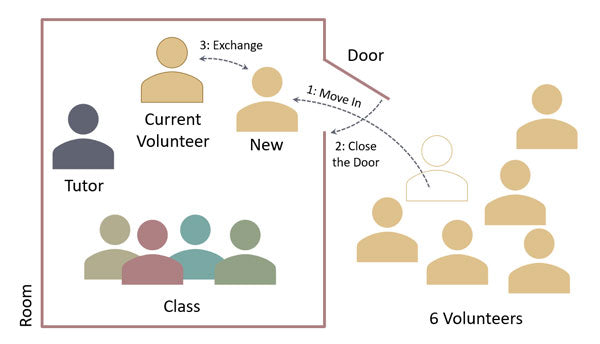
A Variation of Chinese Whisper Listening Exercise
This is an interesting variation of the infamous Chinese Whisper exercise. In this variation, some volunteers leave the room and then be brought back in, rather than just whispering a sentence in t...
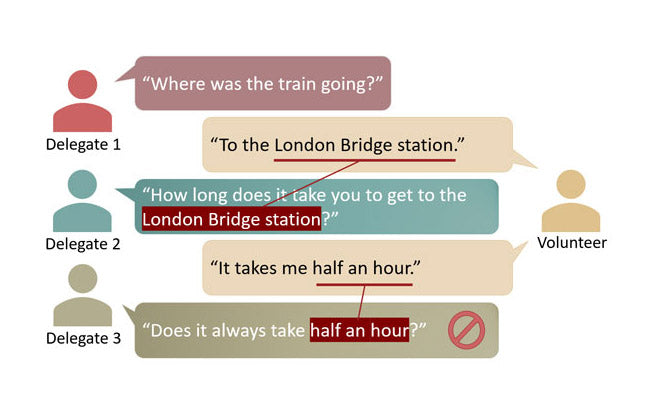
Active Listening Skills Roleplay
This is a highly educational and entertaining exercise on asking open questions. Open questions lead to more information while closed questions lead to a yes/no answer. Open questions are usually m...

In this exercise delegates put themselves in the medieval era and try to look at the world from a new point of view. Their view is then compared to modern times. In the medieval era, people didn’t ...

Listening Exercise: So, What You Mean Is…
Purpose This exercise helps delegates to understand the importance of acknowledging the view of a person they are having a conversation with irrespective of whether they agree with it or not. The...

Debate Exercise: Express Your Views and Persuade People
Being able to have an opinion about important subjects and defend that position is an incredibly important skill in life. Often, we come across such potentially heated debates during the course of ...

Problem Solving Exercise: Define the Sequence of Activities
This exercise helps groups of people to work together on a common activity to solve a given problem. The exercise allows you to address a number of training areas such as inter-group communication,...
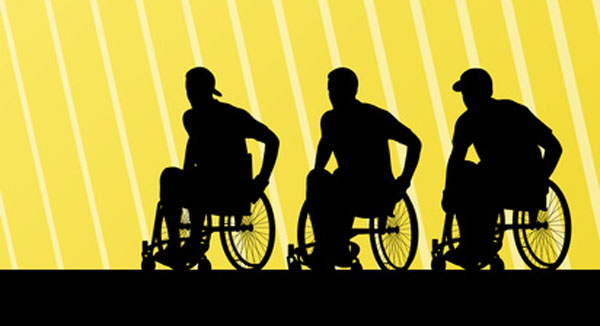
Motivational Exercise: Turning a Bad Experience to a Good One
Use this exercise to motivate people and help them to view an experience differently. This exercise is fairly simple to execute and yet quite effective. The essence of the exercise is to show that ...
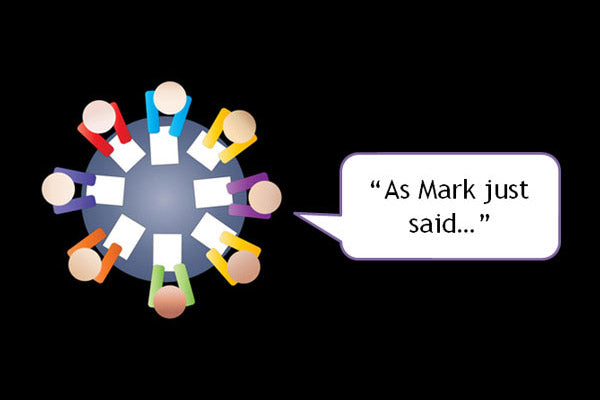
Active Listening Exercise: As Mark Just Said
Most people are not good listeners. This is even more pronounced when people get excited about sharing their own views or thoughts and like to express them and share them with others quickly. The p...

Active Listening Exercise: Listen Carefully and Contribute
Active listening is a critical communication skill and it is important to know how to do it. This exercise has been designed in such a way that encourages delegates to pay their utmost attention wh...

Active Listening Exercise: Follow the Conversation
While communicating with others, it is important to use active listening skills. Listening attentively can significantly improve relationships and minimise misunderstandings. The best way to learn ...
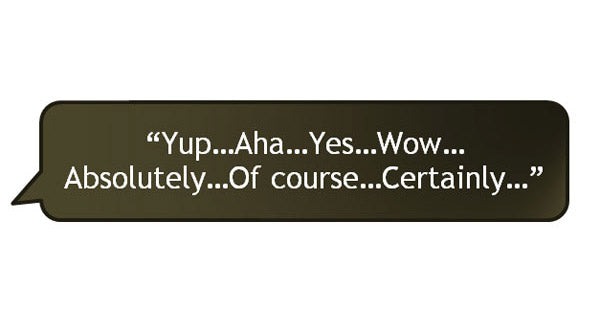
Giving Feedback Exercise: Power of Positive Feedback
Positive feedback can have a dramatic effect. In this exercise, delegates will learn to appreciate the power of positive feedback, however small, when it is provided repeatedly during the course of...

Body Language Exercise: How to Slow Down Your Fast Talking Habit
Some people are fast talkers. They like to talk with the same speed as they think. In the process fast talking people end up mumbling a lot, shortening sentences, rounding off parts and skipping wo...
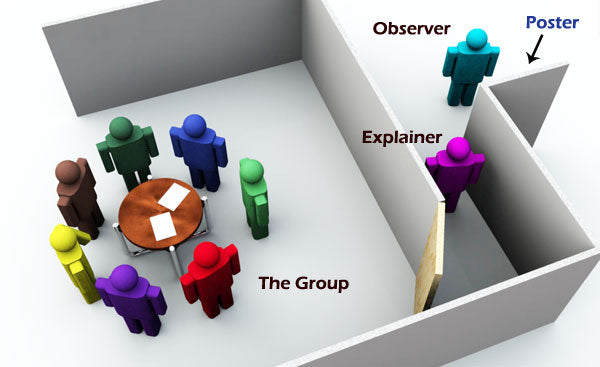
Communication Skills Exercise: Observe, Explain, Do
This activity helps delegates to improve their teamwork and communication and interpersonal skills while going through a specific task. The task is fairly simple. To succeed at their task, the team...

This exercise helps delegates to understand the importance of feedback in communications and realize why the lack of it can be so frustrating for both sides. By working together towards a common go...

Perception Exercise: What Am I Holding?
This activity highlights individual’s ability to recognise objects by hearing their visual characteristics and illustrates the importance of perception and attention to detail in gathering informat...

Communication Skills Exercise: Repeat After Me
This effective exercise helps the delegates to understand how critical it is to listen before they talk in conversations. Most people simply talk from their own point of view and pay little attenti...

Communication Exercise: Communication Barriers
Avoiding communication barriers is a necessity in today’s business world. Not only it is critical to identify if these barriers exist, but also how to remove them or reduce their effect. This activ...

Communication Exercise: Chinese Whisper
This exercise highlights the importance of confirming the information we receive from either our colleagues or clients. This activity is designed for groups of at least 8 delegates or more.









